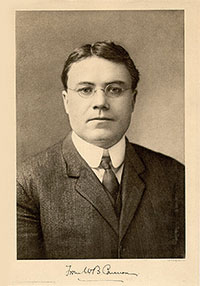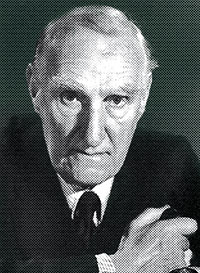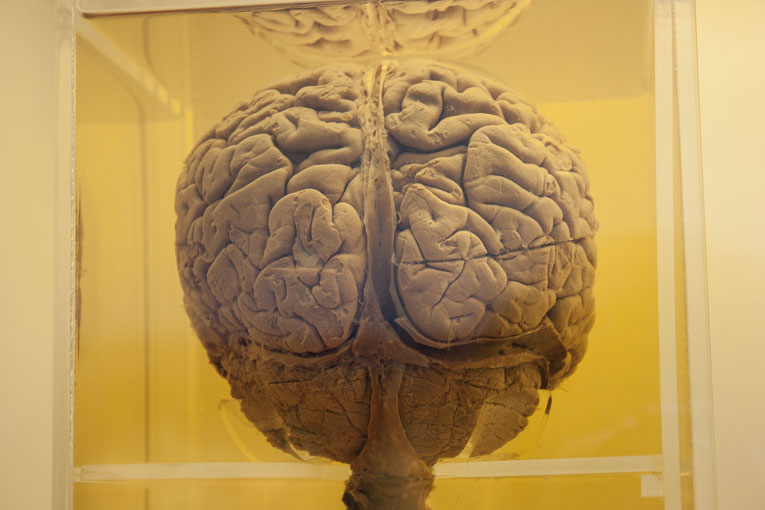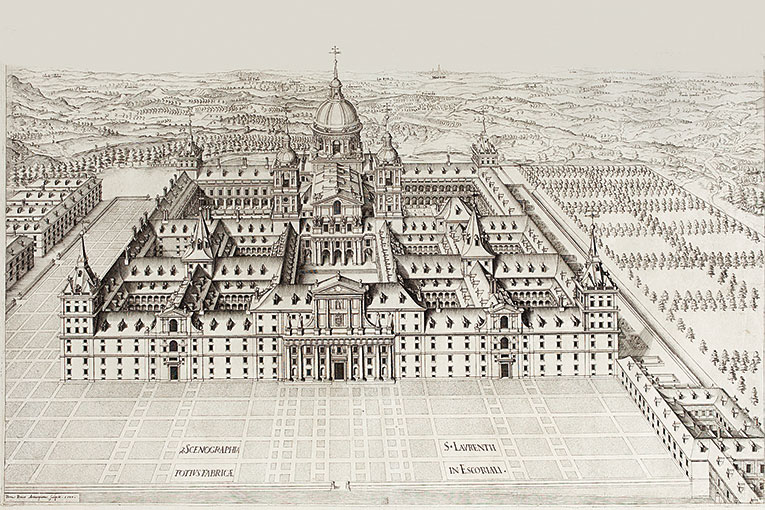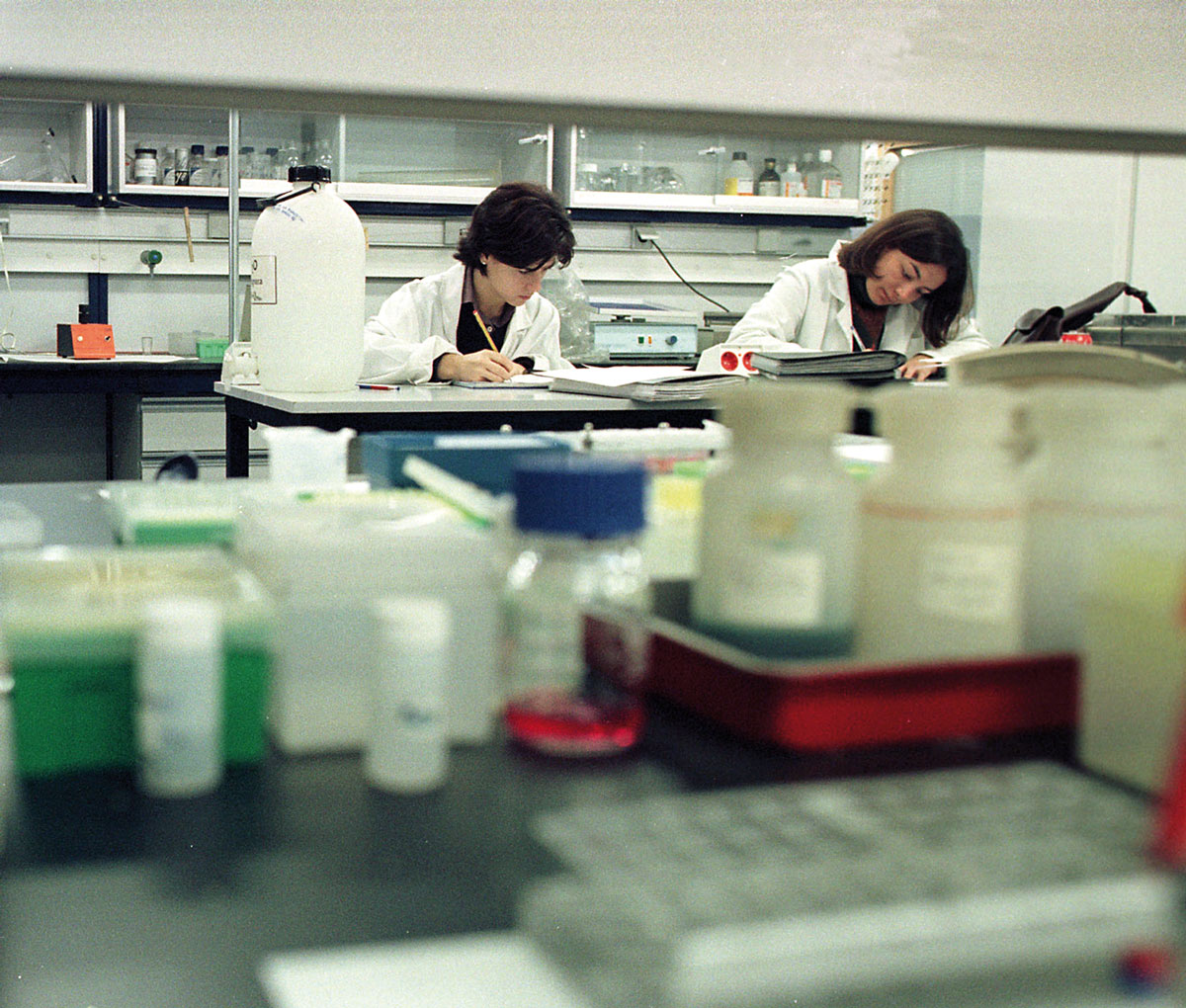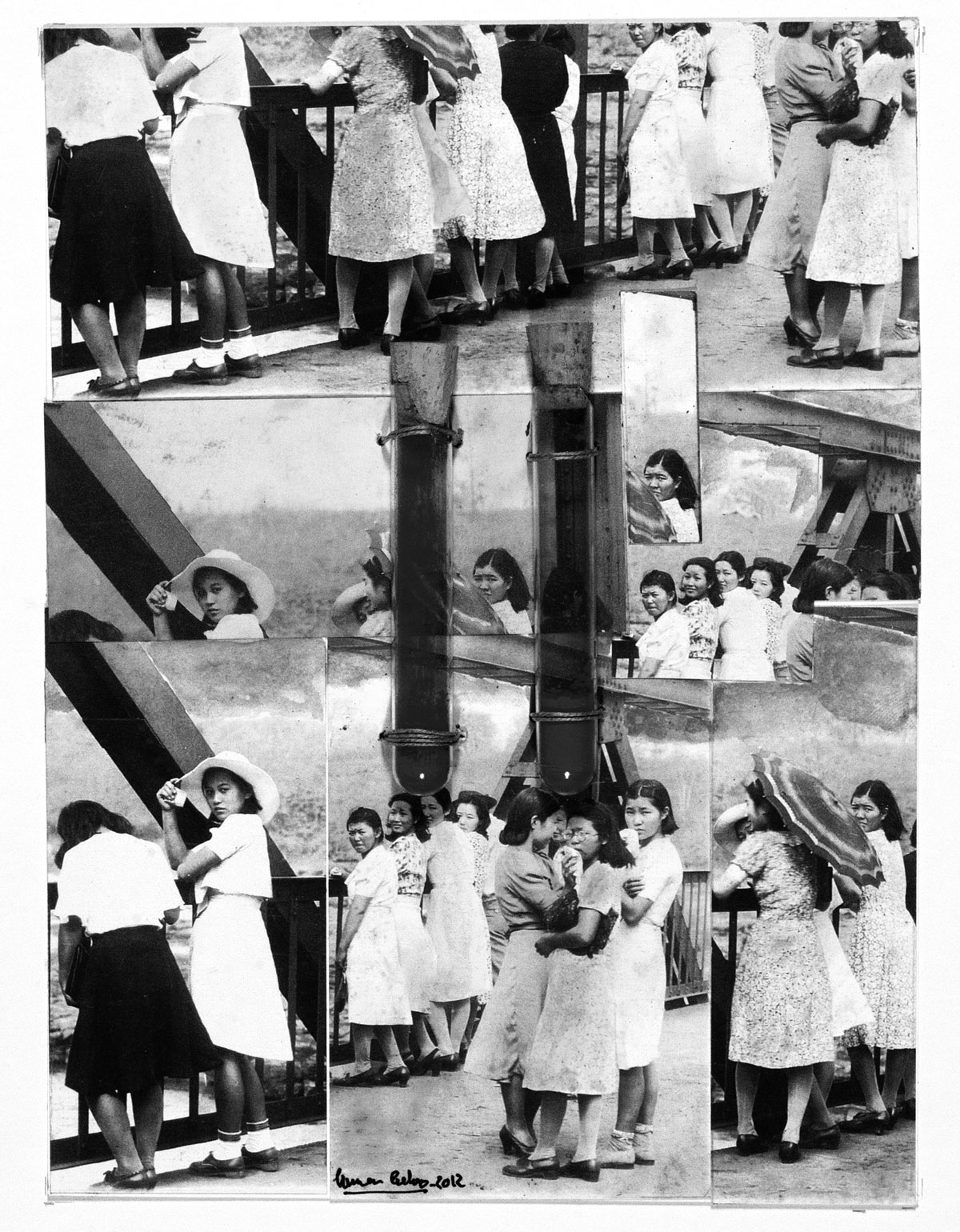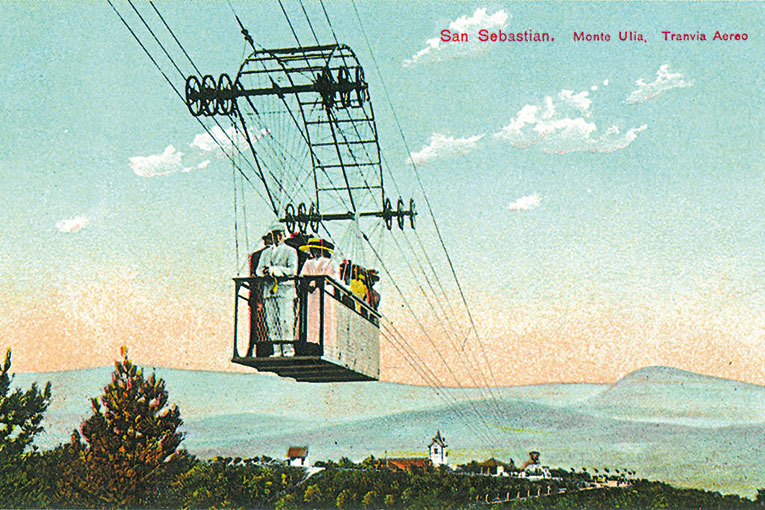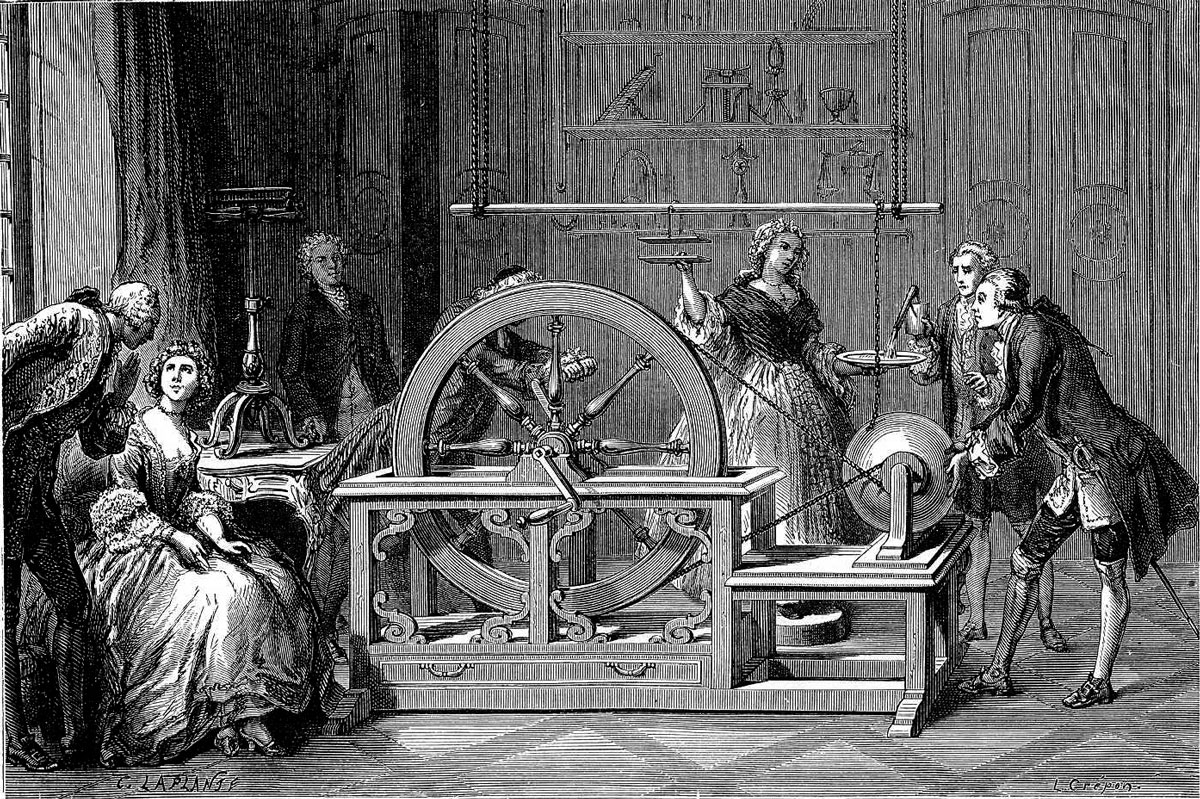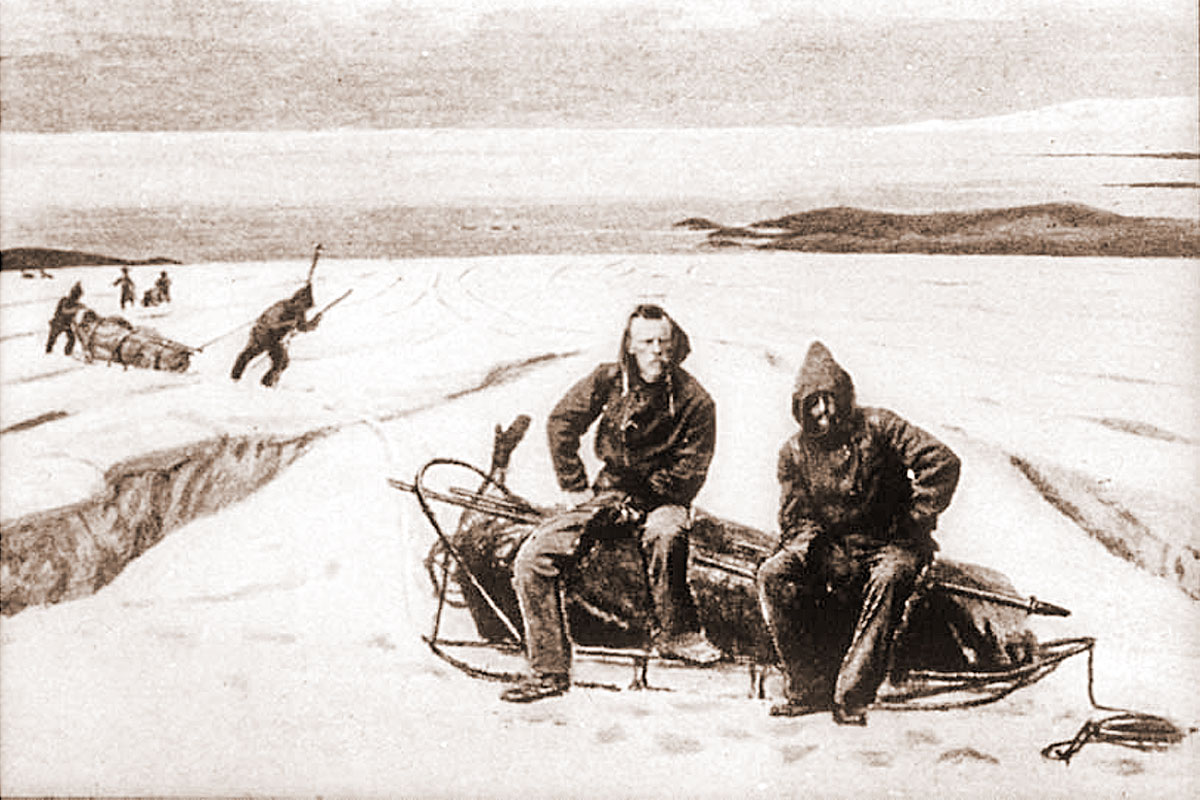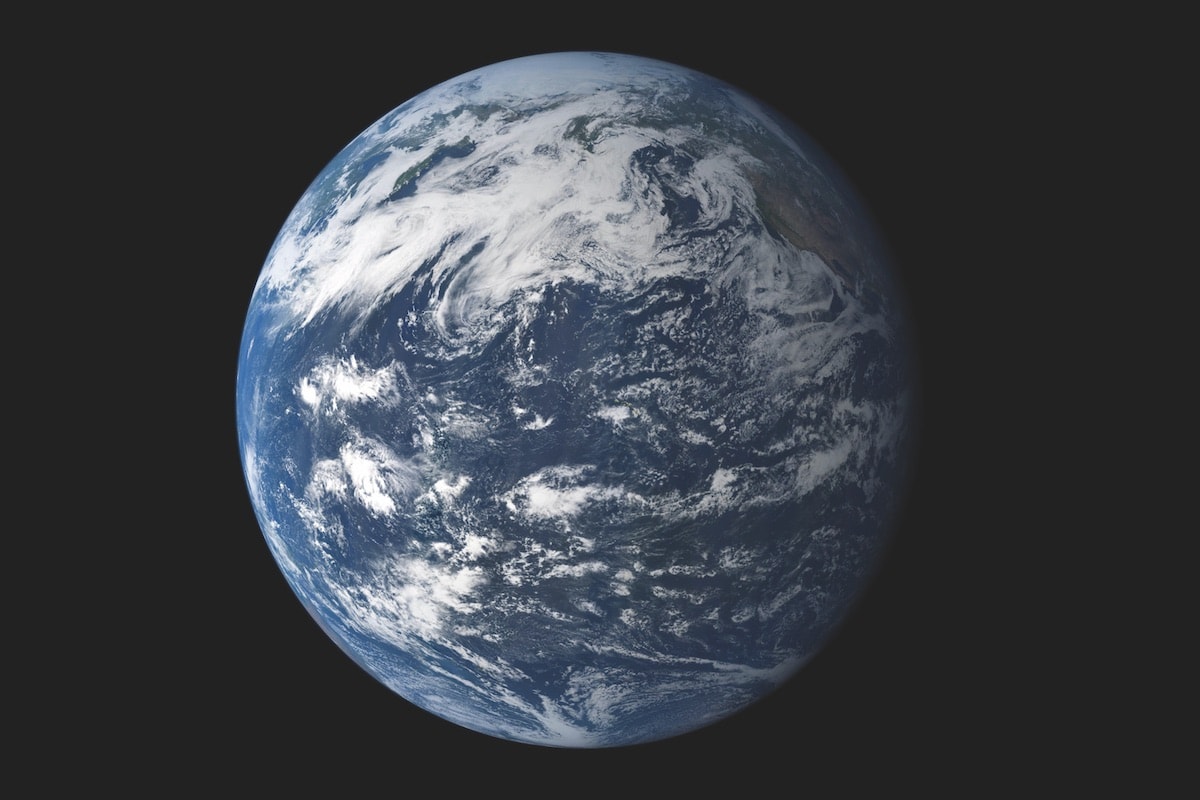Search
Josep Lluís Barona
The generation of scientists and physicians who lived during the interwar years (1914-1945) were specially involved in the military and political events that shaped
If we turn our gaze on the past of medicine we will immediately see how medical diagnoses –the terms identifying illnesses– are arbitrary and
Philip II of Spain was instructed in humanism, was an Erasmus reader and a loved magic and occultism books. He had a soft spot
This article is a personal reflection about the context and determining aspects that have caused the exclusion of women from the scientific sphere, from the viewpoint of cultural history.
The traditional exclusion of women from the public sphere, from education, politics, art and culture, as well as women's confinement to the domestic realm,
Mètode Leonardo Torres Quevedo designed Ulia’s cableway in San Sebastián, which began working in 1907. Later, in 1916, the cable
Throughout the seventeenth century, public exhibitions of natural phenomena caused or discovered by scientists began to have a major social impact. Prints and paintings
«The Nansen expedition claimed the most northern position man was ever known to have reached and made outstanding scientific contributions on oceanography, climate, hydrography,
Lately, I met David Livingstone, Professor of Geography and Intellectual History at Queen’s University Belfast, during a symposium held at the University of Bergen

